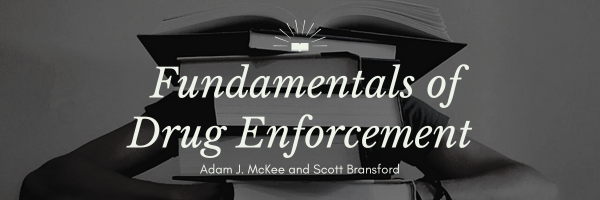Reading Assignment for Section 4.5
Read the following subsection from our online textbook: Section 4.5: The Role of Expert Witnesses.
What You Will Learn
In this section, you’ll explore how expert witnesses contribute to drug-related cases by providing specialized knowledge and presenting complex evidence. You’ll learn about the responsibilities of experts like forensic chemists and toxicologists and how they meet legal standards for testimony. By the end, you’ll understand the challenges they face, including cross-examination and addressing new scientific methods in court.
Student Learning Outcomes for Section 4.5: The Role of Expert Witnesses
- SLO 1: Define the role of expert witnesses in drug-related cases and explain how their specialized knowledge supports legal proceedings.
- SLO 2: Describe the types of expert witnesses commonly used in drug cases, including forensic chemists, toxicologists, and digital forensics specialists, and outline their key responsibilities.
- SLO 3: Analyze the methods expert witnesses use to present scientific evidence effectively to judges and juries, emphasizing clarity, credibility, and the use of visual aids.
- SLO 4: Explain the legal standards for admissibility of expert testimony, such as the Daubert and Frye standards, and discuss how experts meet these requirements.
- SLO 5: Evaluate the challenges faced by expert witnesses, including defending their methods under cross-examination and addressing novel scientific techniques in court.
Modification History File Created: 10/09/2024 Last Modified: 11/24/2024
You are welcome to print a copy of pages from this Open Educational Resource (OER) book for your personal use. Please note that mass distribution, commercial use, or the creation of altered versions of the content for distribution are strictly prohibited. This permission is intended to support your individual learning needs while maintaining the integrity of the material.
This work is licensed under an Open Educational Resource-Quality Master Source (OER-QMS) License.

